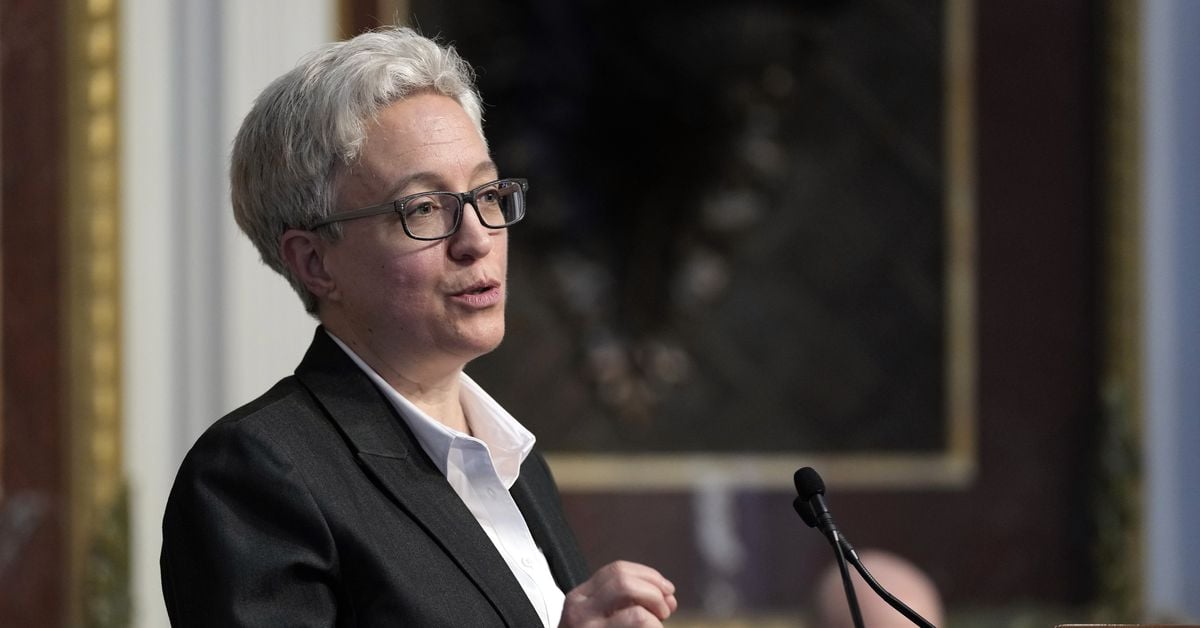- cross-posted to:
- [email protected]
- cross-posted to:
- [email protected]
Four years ago, the state decriminalized all drugs. Now it’s trying to course-correct — and might make a mistake in the process.
In 2020, it looked as though the war on drugs would begin to end in Oregon.
After Measure 110 was passed that year, Oregon became the first state in the US to decriminalize personal possession of all drugs that had been outlawed by the Controlled Substances Act in 1970, ranging from heroin and cocaine to LSD and psychedelic mushrooms. When it went into effect in early 2021, the move was celebrated by drug reform advocates who had long been calling for decriminalization in the wake of President Nixon’s failed war on drugs.
Now, amid a spike in public drug use and overdoses, Oregon is in the process of reeling back its progressive drug laws, with a new billthat aims to reinstate lighter criminal penalties for personal drug possession. And while the target is deadly drugs like fentanyl, the law would also result in banning non-clinical use of psychedelics like MDMA, DMT, or psilocybin — drugs that are unconnected to the current overdose epidemic and the public displays of drug use.



Decriminalisation goes hand in hand with support for drug addicts, drug centers and healthcare in general. You can’t just decriminalise and call it a day.
Exactly. Oregon remains next to last in terms of availability of drug treatment.
People cite the Portuguese example of how decriminalization of drugs resulted in an overall reduction of addiction, etc., but fail to include how the Portuguese expanded drug rehabilitation services for its citizens.
I think they did add funding to drug centers and healthcare. The issue is that they did not force anyone to go there. They handed out fines of $100 and said they would waive the fine of the person checked into a addiction support center. Only 1% of them did. People were just getting fined multiple times and ignoring it. There was not really any incentive for people to actually get help.
Helping people by punishing them sounds pretty flawed indeed… The problem is that this failed attempt will be used by detractors as an example now…
They never actually rolled out any of the support programs, the rehabs, or any of the alternative legal programs that were in the bill. The funding was there, but nothing was really done with it. The whole thing was flawed from the start and was set to fail because it wasn’t actually implemented as it should have been. The 110 bill laid out plans for this huge support system and infrastructure that never materialized.
I guess a better way to do it might be to fund support first and then do decriminalization.
The decriminalization started pretty soon after the measure was passed. The disbursement for the fund was delay and, apparently, a mess. Building something takes time and handing buckets of money to existing facilities who have only ever run on a shoe string budget was doom to be overwhelmed.
The citations were for a maximum of $100 or complete a health assessment in 45 days by calling the addiction recovery hotline. The problem here is the citations were never alter to include the phone number to schedule an assessment.
Getting help, as I understand the prevailing sentiment of those who work in the system, is the constant signal that the system exists and won’t screw you over. When you’re ready, we are here.
They never actually doled out any of the money to anyone in order to actually expand or open more treatment centers. This voter-passed law was doomed from the start because neither Democratic or Republican leaders wanted this. Now, they’ve rolled the law back and given more funding to police. Both these parties are garbage.